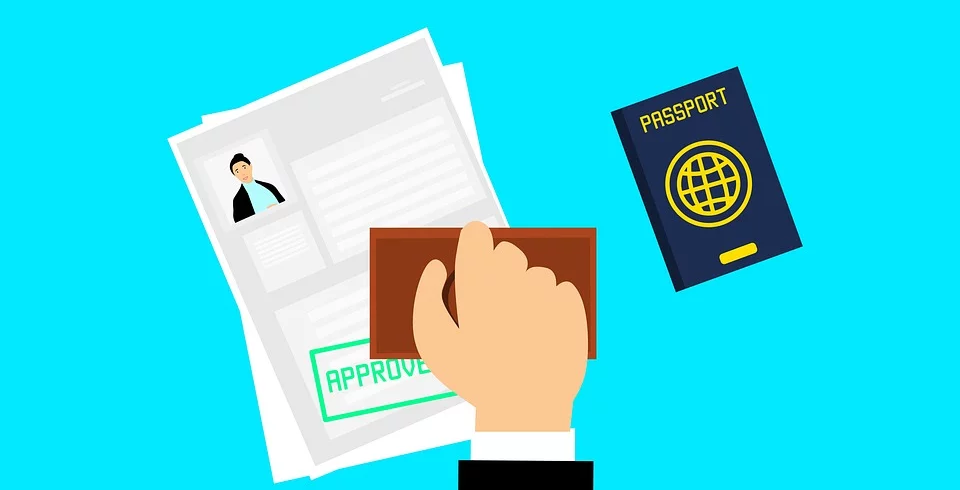With the new rules and its relevant penalties already enforced by immigration officials in Thailand, it’s always in your interest, especially as a businessman operating an enterprise in the country, to abide by these regulations.
You don’t want yourself or your employees to lose your sources of income or, worse, be banned from entering the beautiful country of Thailand just because you did not bother to check on everyone’s paperwork.
Now, let’s start with a recap. Work permits are necessary for people to come to the Kingdom to work, if they are foreigners. It is a piece of official documentation issued by the immigration bureau to certify that the expat has been granted permission to work in the country. Otherwise, it is illegal for them to do so.
We’ve already discussed in a previous blog what a foreign worker needs to do in order to gain a work permit in Thailand. Briefly, the blog also touched on what documents an employer needs to provide to the authorities to prove that the firm is indeed bringing the foreign expat in to Thailand for work.
Which Businesses Can Bring in Foreigners to Work in Thailand?
If you’re a foreigner who is looking to start a business in Thailand and is expecting to be bringing in foreigners from your home nation to work for you, here are some parameters that you’d need to know about:
• Your business must have a capital of at least THB2,000,000.
• Thai law dictates that the number of expatriates you can bring in is proportional to your capital. Each THB2 million that is in your capital is equivalent to 1 foreign worker. However, you cannot bring in more than 10 foreign employees.
• The law makes exceptions for businesses that have operated for more than 3 years in the country. Since these businesses are expected to have remitted tax, the limit is now dictated by the firm’s tax contributions. Hence, the ratio now is 1 foreign employee for every THB5 million in tax payments.
• Export and forex companies have a different limitation. Every THB3 million in tax payments allows them to bring in 1 worker, and they are limited to only 3 foreigners in their workforce.
• If you’re hiring at least 50 locals for your business, then you can bring in foreign employees regardless of your capital. However, you can only bring in 1 foreigner for every group of 50 locals. You cannot hire more than 5 foreigners to your organization as well.
As they say, ignorance of the law is never an excuse for breaking it. Because the repercussions are serious, foreign-owned companies in Thailand must always educate themselves about what the law in the Kingdom expects from them.
It’s always a good idea to consult a lawyer if you’re planning to start a business in the Kingdom. Those that are already engaged in trade in the country but has not talked to a lawyer should also definitely consider contacting one to make sure you’re on the right side of the law.
Want to read more articles like this? Check our Blog site.
Photo credit : European Parliament






